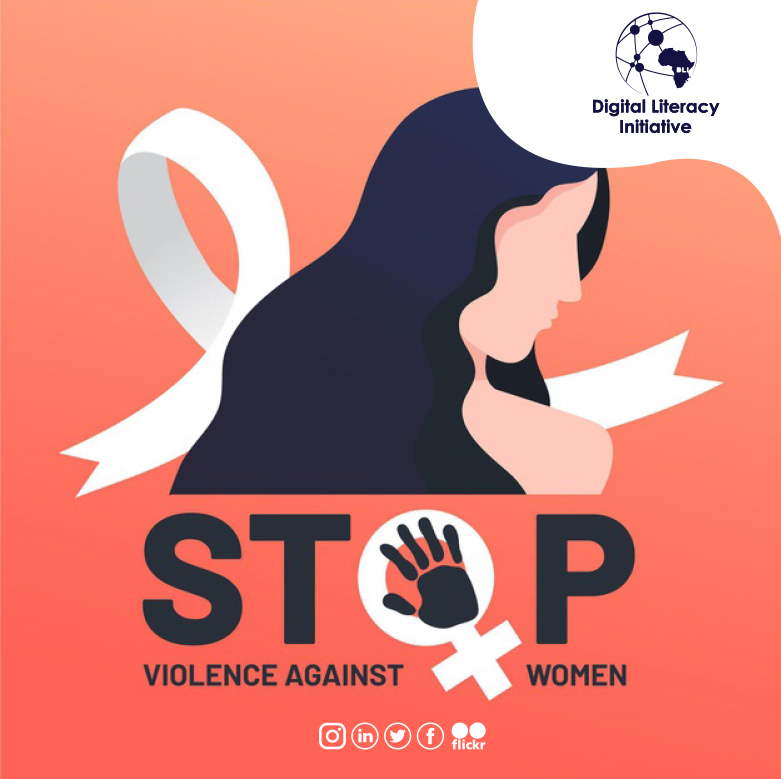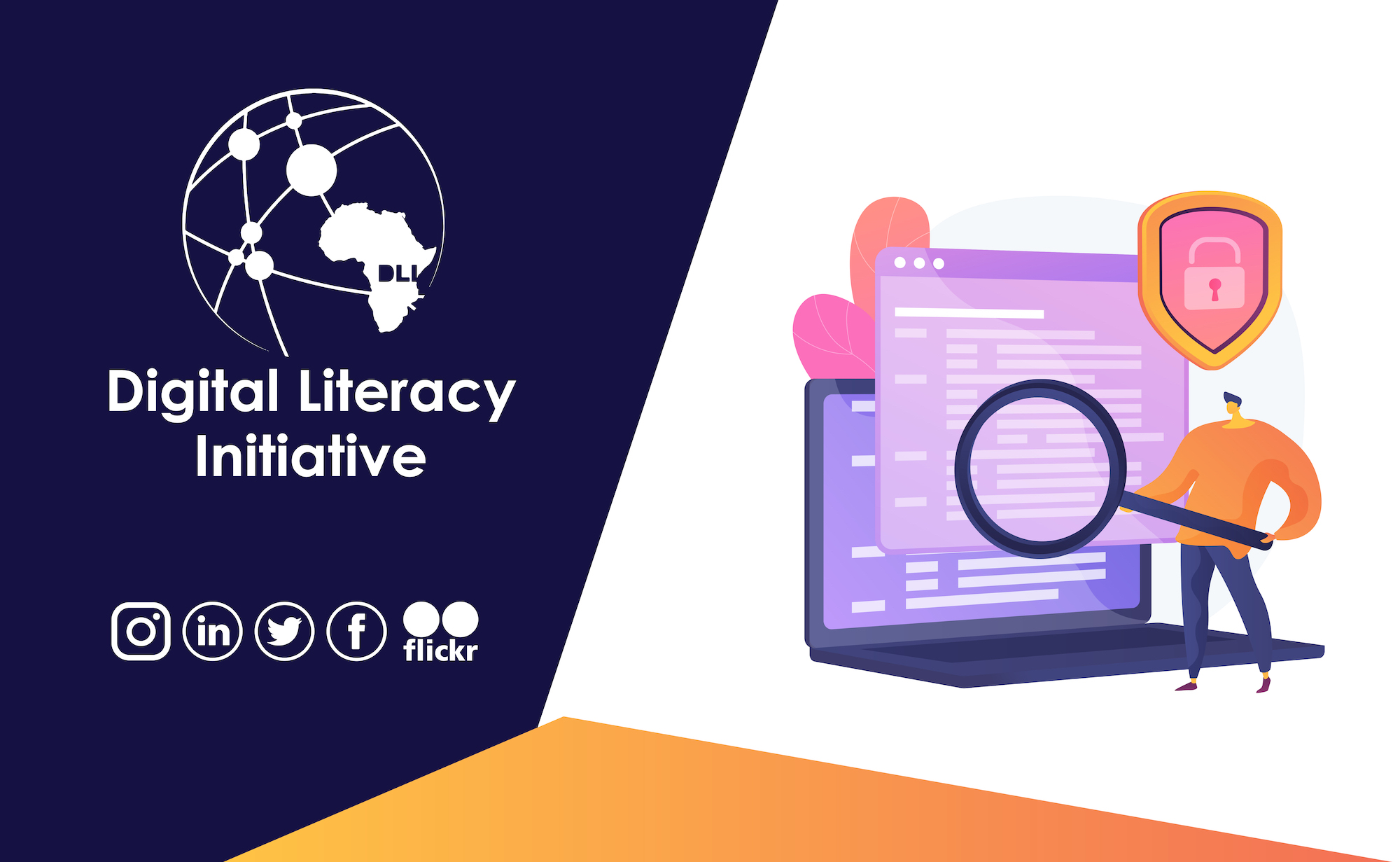By Innocent Adriko and Joan Katambi
Social Media Week is a worldwide event that explores the social, cultural, and economic impact of social media. It helps people and organizations connect through collaboration to share ideas and information. Social Media Week brings thousands of people together every year through learning experiences that aim to advance their understanding of social media’s role in the society. The event takes place in 26 cities across five continents, including Europe, North America, Latin America, Africa, and Asia.
Digital Literacy Initiative organized a social media week event under the theme social media influence at the Uganda Institute of Information and Communications Technology on 27th February, 2020. The event was aimed at engaging students on the impact of social media towards academics and how they can leverage on social media for diverse opportunities.
The Impact of Social Media
Social media is rapidly changing the communication setting of today’s social world. The emergent of social media is significantly influencing the academic life of students. Institutions and academicians are continually using social media technologies hoping to excite critical thinking skills, collaboration, and knowledge construction.
Research has proved the heavy presence of social media usage among students. Wiley and Sisson (2006), for instance argue that previous studies have found that more than 90% percent of tertiary school students use social networks. Some of the major advantages of social media usage by students in higher education which included; enhancing relationship, improving learning motivation, offering personalized course material, and developing collaborative abilities. However, there are also several challenges associated with social media that include; cyberbullying, online harassment, sexting, face book depression and privacy concerns.
Opportunities for Students on Social Media
Research suggests that social media assists students with acquiring new information, facilitates connection with course material and peers, and improves productivity. Beyond the role in teaching and learning, social media may also have a number of positive attributes related to the professional development and network literacy of students through; interaction with their mentors, access their course contents, customization and build student’s communities.
Conclusion
Social media can be of great positive impact to students through exposing them to opportunities that could enhance their professional capabilities, however there is need to emphasize proper and productive usage of social media by students.





